Midge Marsden
aka Keith Marsden
When he was awarded the NZ Order of Merit in 2006, the late Ritchie Pickett, wag that he was, dubbed Midge Marsden "His Midgesty". Oh, how we laughed. "Sir" Midge Marsden, New Zealand’s ambassador of the blues ...
Keith Douglas Marsden was born September 17, 1945 in New Plymouth, the eldest of five boys to Open Brethren parents whose beliefs had little influence on the undersized chap nicknamed Midge. His childhood piano lessons were a chore to be avoided but once he got the rock and roll vibe, a cherry red Fender Stratocaster guided his musical aspirations.
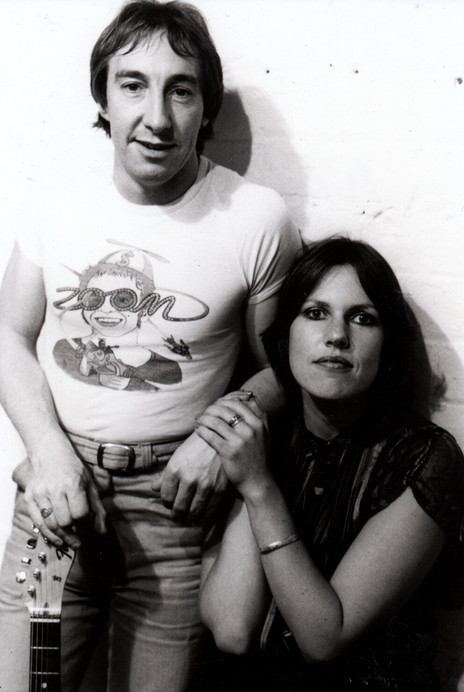
Midge Marsden and Beaver at The Island of Real
Photo credit:
Photo by Murray Cammick
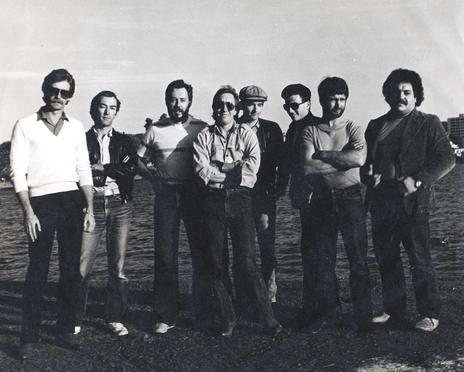
The Indicators - L to R: Liam Ryan, Mike Farrell, Neil Reynolds, Midge Marsden, Grant Hughson, Kelly Rogers, Andrew Kimber, Tony Crichton
Photo credit:
Murray Cammick Collection
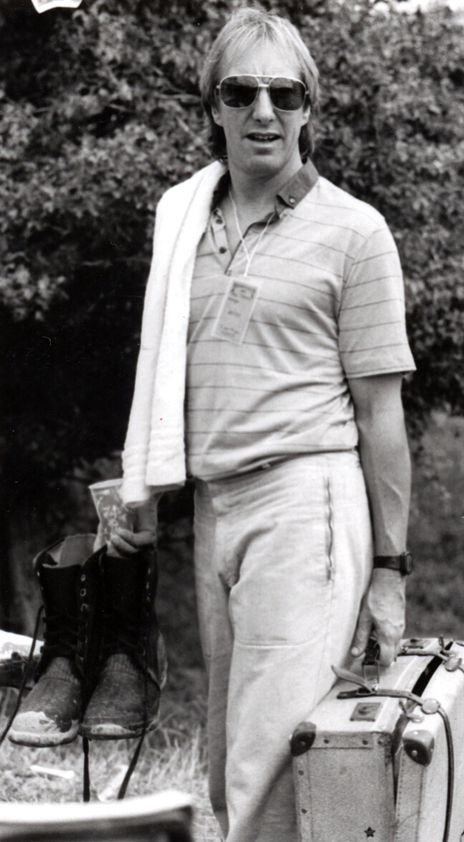
Midge Marsden arrives at Sweetwaters, 1981
Photo credit:
Photo by Murray Cammick
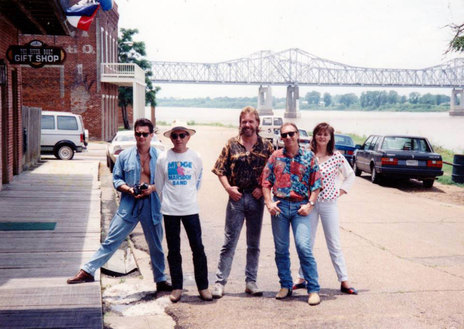
2nd tour to Texas and beyond 1992, on the banks of the Mississippi at Natchez under the hill. Richard TeOne, Sidney Limbert, Steve Larkin, Midge Marsden and Lynne Campbell.
Photo credit:
Sidney Limbert collection
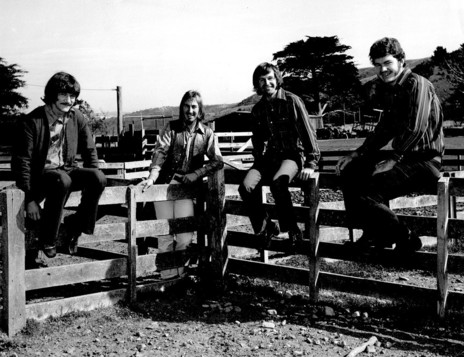
One of the earliest line-ups of The Country Flyers after the departure of founder Peter Caulton, taken at the Pāuatahanui family farm of ex-All Black Ken Gray. Left to right: Dave Duffell, Midge Marsden, Richard Nicholson, Dave Wellington.
Photo credit:
David Wellington collection
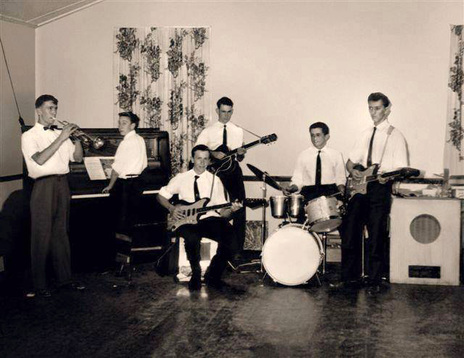
Midge Marsden on piano in a youth club band, circa 1959/60
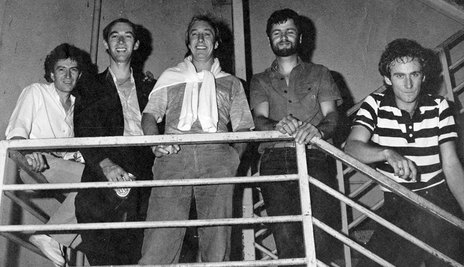
The Midge Marsden Band, 1985. Sidney Limbert, Mike Farrell, Midge, Andrew Kimber and Kevin Thomas.
Photo credit:
Sidney Limbert collection
Midge Marden interviews BB King, 1989
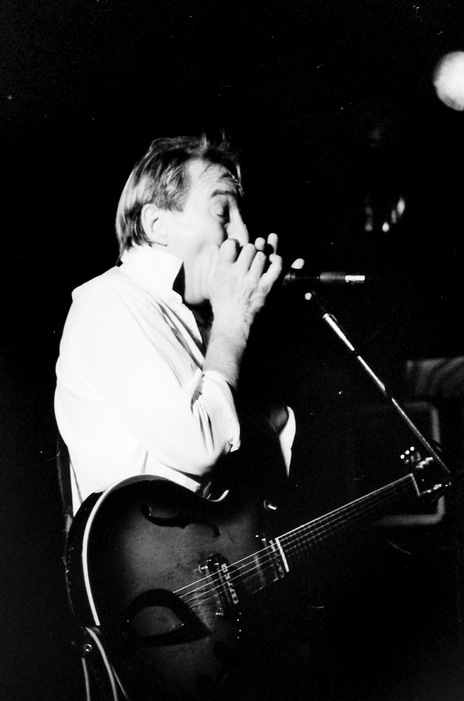
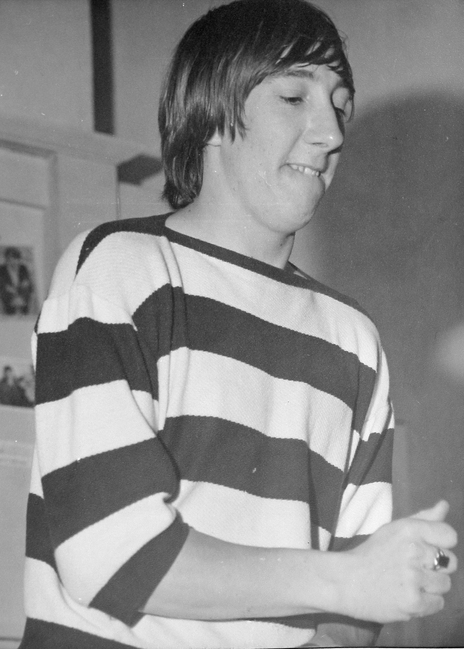
A young Midge Marsden in The Breakaways. Taken at The Breakaways' house in Seatoun, Wellington in 1966/67, Midge is doing The Twist.
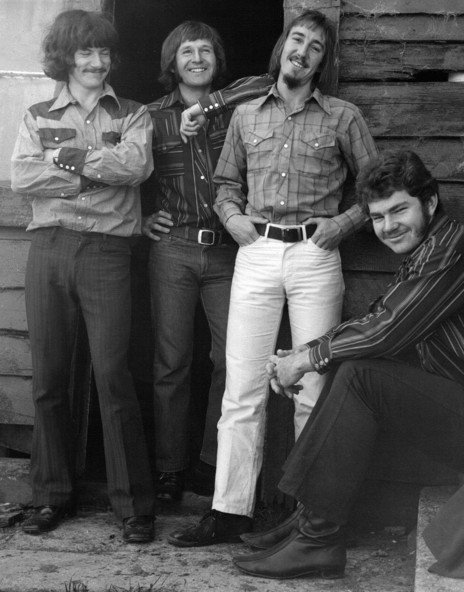
One of the earliest line-ups of The Country Flyers after the departure of founder Peter Caulton, taken at the Pāuatahanui family farm of ex-All Black Ken Gray. Left to right: Dave Duffell, Richard Nicholson, Midge Marsden, Dave Wellington.
Photo credit:
David Wellington collection
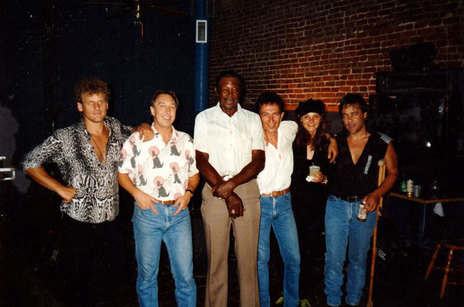
Greenville Mississippi 1st. U.S.tour 1991. Pete (Rooda) Warren, Midge Marsden, Willie Foster, Sidney Limbert, Lynne Campbell, Chris Nielson.
Photo credit:
Sidney Limbert collection
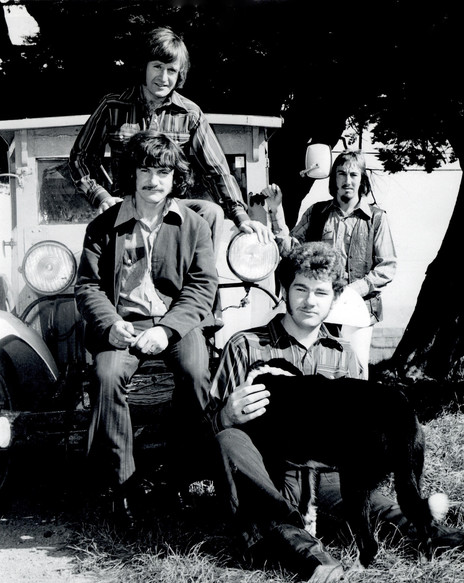
An early incarnation of The Country Flyers. Clockwise from bottom left: Dave Duffell, Richard Nicholson, Midge Marsden, Dave Wellington.
Photo credit:
Richard Nicholson Collection

Midge Marsden
Midge Marsden and Melissa O'Connell record a song for Tohora Story - Whalegunner (2022)
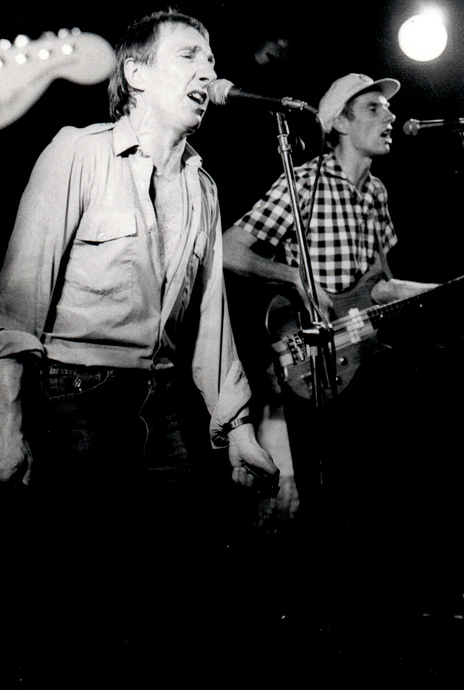
Midge Marsden and John Dodd
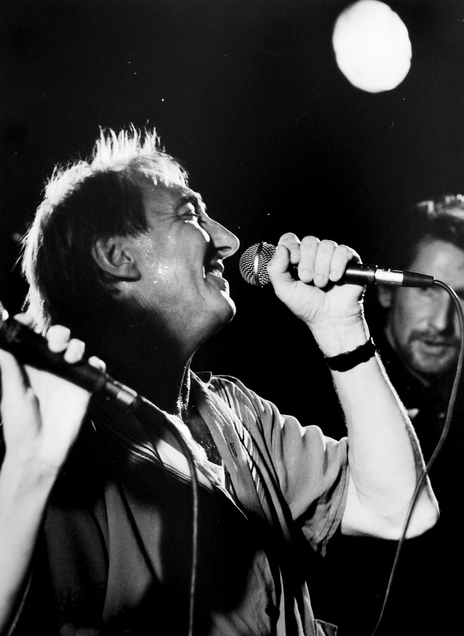
Midge with Liam Ryan
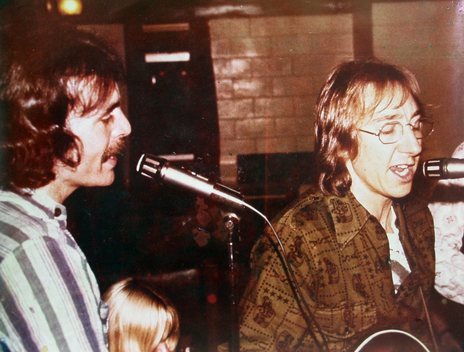
Midge Marsden with Martin Hope (left)
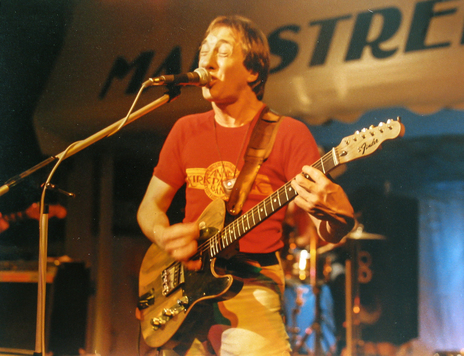
Midge Marsden at Mainstreet in the late 1970s
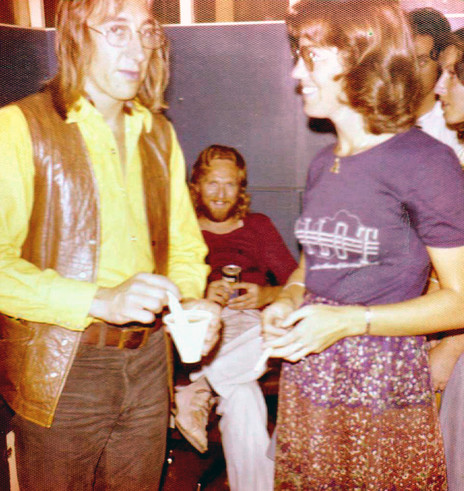
Midge Marsden with EMI's Danny Ryan and Louise Warren, Wakefield Street, Wellington, 1975.
Photo credit:
Louise Warren Collection
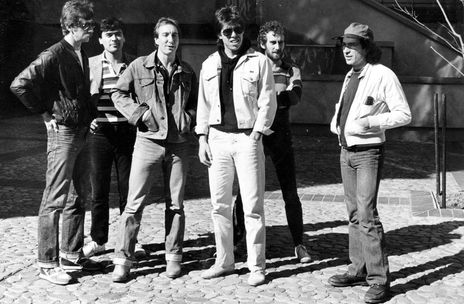
High St Auckland 1980. A publicity shot for the Midge Marsden Connection album, with George Thorogood. Liam Ryan, Ta Rutherford, Midge Marsden, George Thorogood, Kev Thomas, and Sid Limbert.jpg
Photo credit:
Sidney Limbert collection
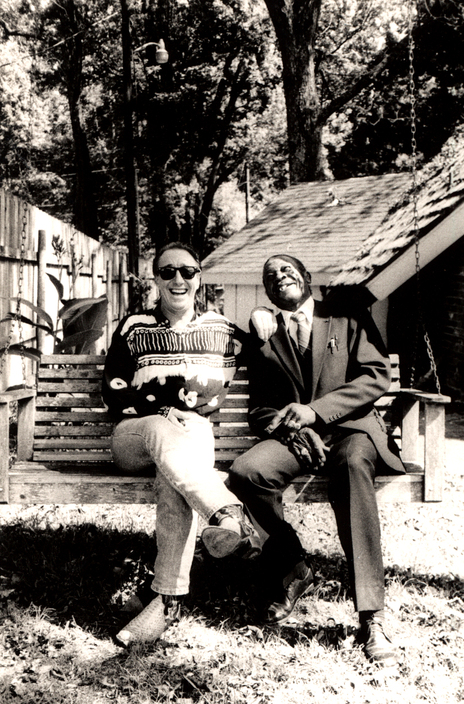
Midge Marsden with Mississippi Willie Foster, 1991
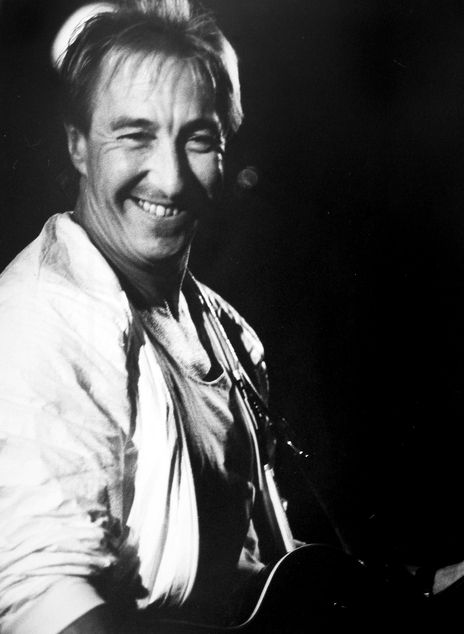
Midge Marsden
Travellin On - Europa TVC (with Stevie Ray Vaughan, Midge Marsden, Murray Grindlay)
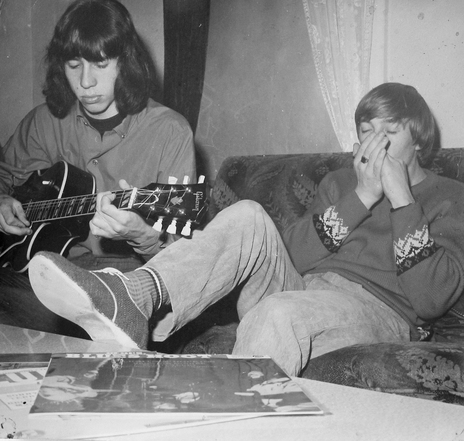
Dave Hurley and Midge Marsden during The Breakaways years
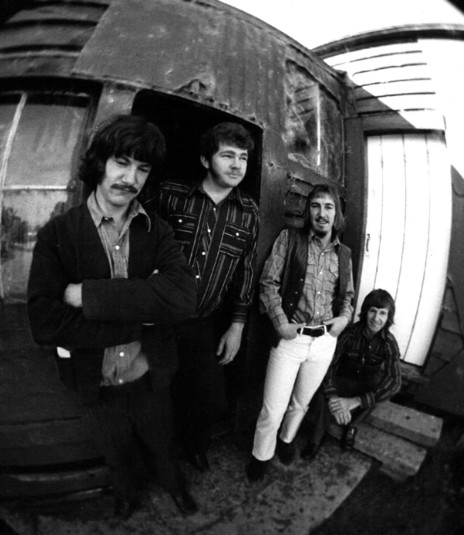
One of the earliest line-ups of The Country Flyers after the departure of founder Peter Caulton, taken at the Pāuatahanui family farm of ex-All Black Ken Gray. Left to right: Dave Duffell, Dave Wellington, Midge Marsden, Richard Nicholson.
Photo credit:
David Wellington collection
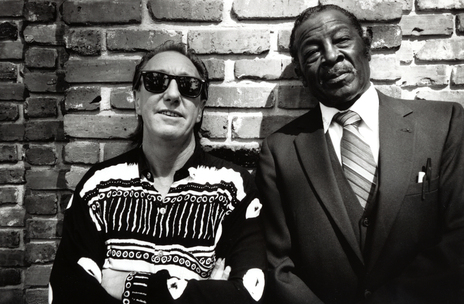
Midge Marsden and Mississippi Willie Foster, 1991
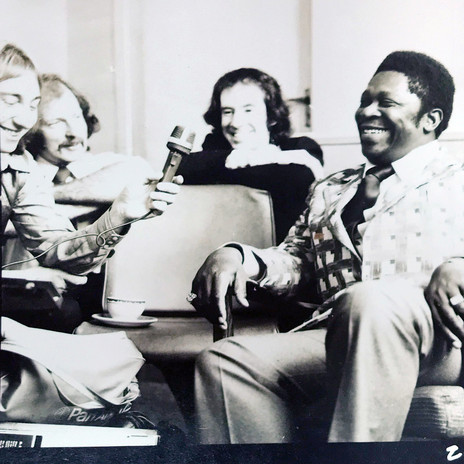
BB King holds court, Wellington, c. 1974. Conducting the interview, far left, is Midge Marsden; in the middle is fellow blues afficionado Colin Morris.
Photo credit:
Colin Morris collection
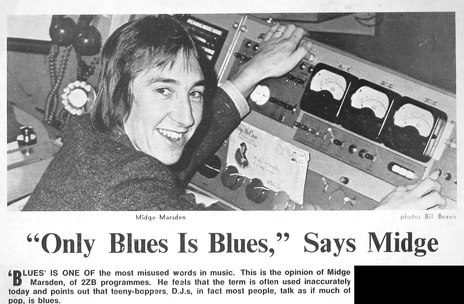
"Only blues is blues," says Midge, early 1970s
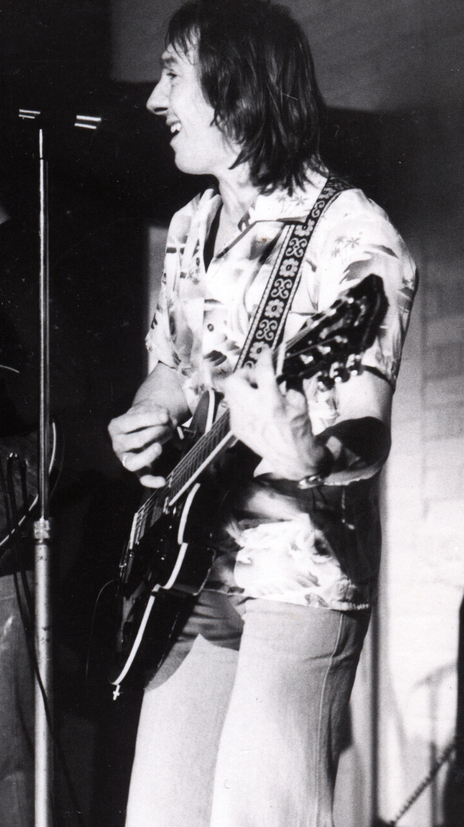
Midge Marsden at The Island of Real, 1977/78
Photo credit:
Photo by Murray Cammick
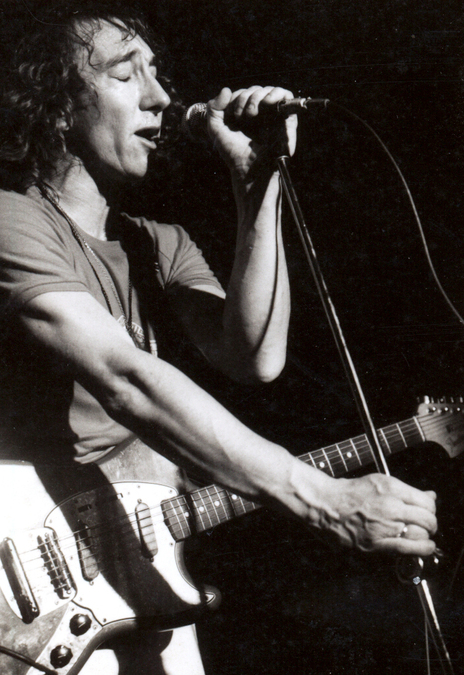
Midge Marsden with the Phil Manning Band
Photo credit:
Photo by Murray Cammick
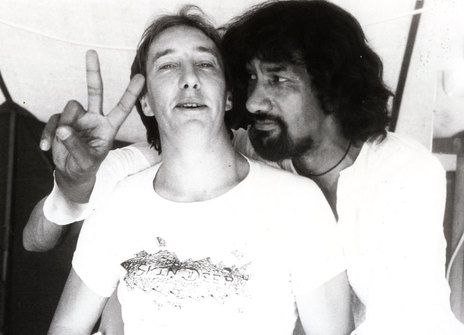
Midge Marsden and Sonny Day
Photo credit:
Murray Cammick Collection
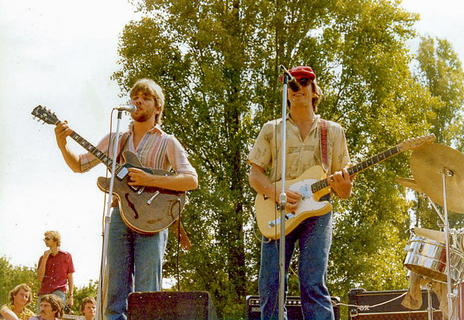
The Country Flyers in the late 1970s at Auckland University. Richard Kennedy and Midge Marsden.
Photo credit:
Jonathan May collection
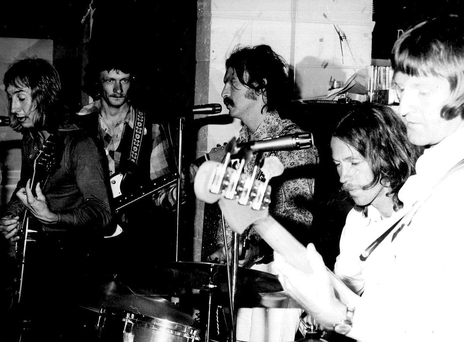
The Country Flyers - L to R: Midge Marsden, Kevin Watson, Martin Hope, Jim Lawrie, Richard Nicholson
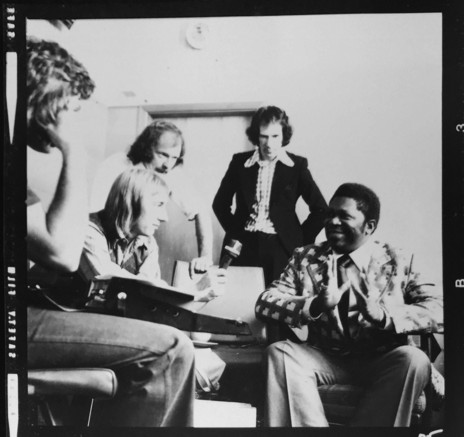
When blues came to town: Midge Marsden interviews BB King in Wellington, 1974. At the back in wide lapels is record retailer and blues buff Colin Morris.
Photo credit:
Colin Morris collection
Mideg Marsden discusses Chants R&B - from 2011 documentary Rumble and Bang, produced and directed by Simon Ogston and Jeff Smith.
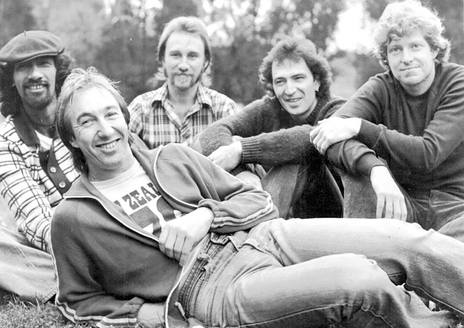
From the Kiwi Connection tour circa1979. From left - Sonny Day, Ray Chaber, Sidney Limbert, Bruce Dennis, and Midge Marsden.
Photo credit:
Sidney Limbert collection
